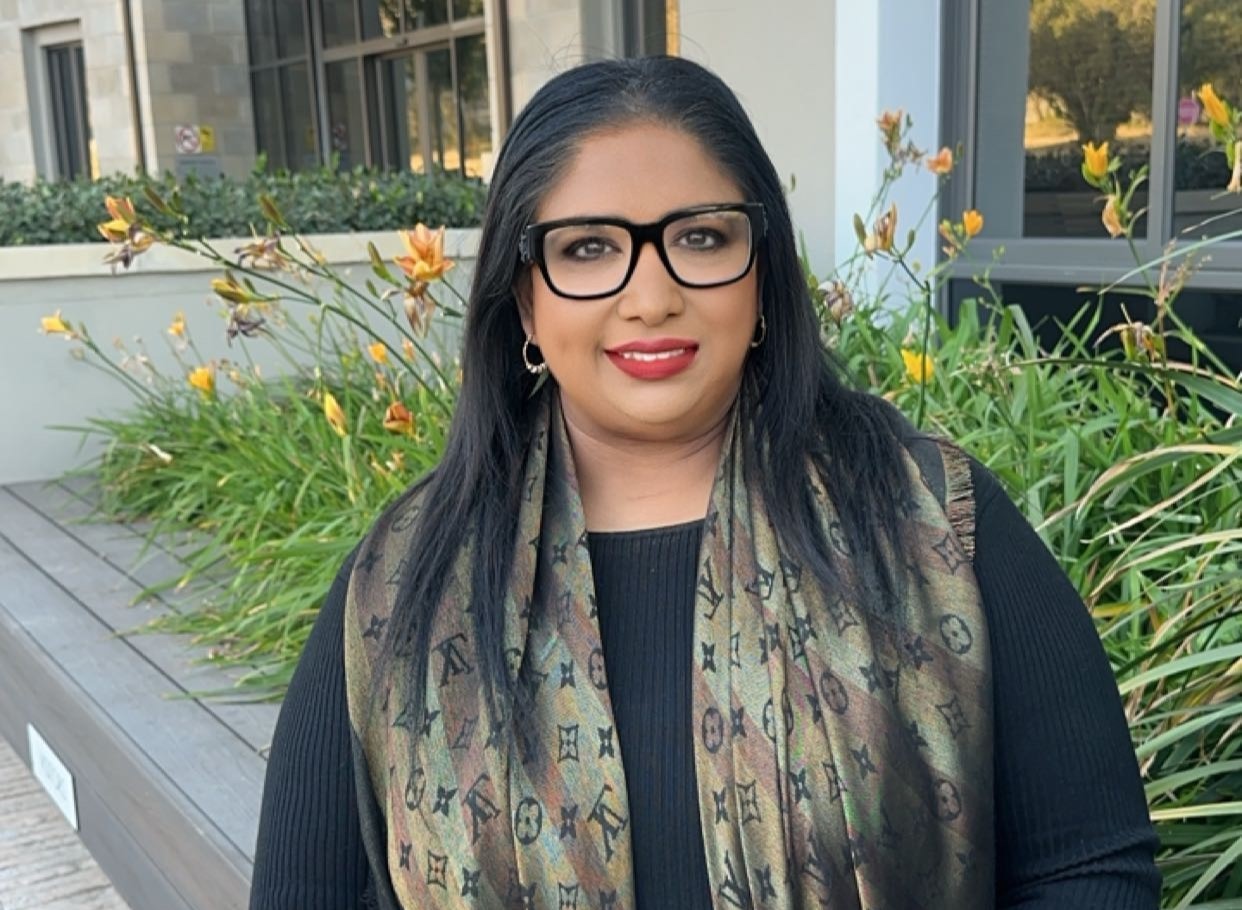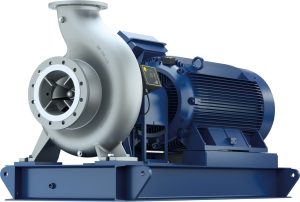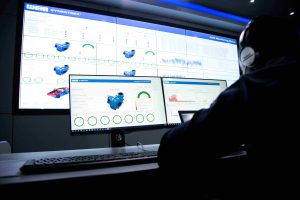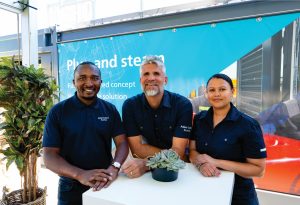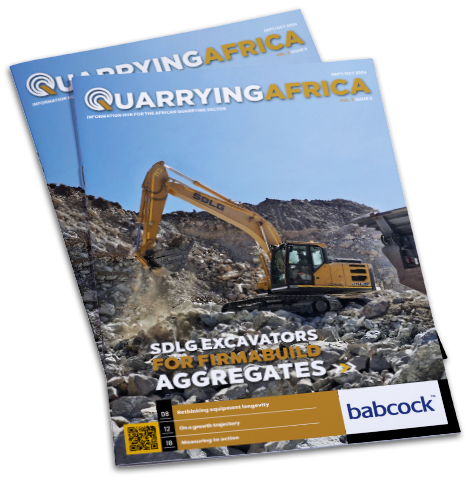Enhancing the contribution of women to the mining sector is a mission that BME is pursuing with great success – building a pipeline of interest and skills that reaches back into schools.
To date, this has achieved a 30% representation of women at BME’s executive level, with 21% of the company’s employees being female – a significant landmark in the traditionally male-dominated field of blasting and explosives.
A good indication of the transformation this implies is the disciplines and roles in which BME’s female staff are employed. Their positions range from blasting, electronics and laboratory technicians to supervisors and chemists in research, development and operational functions – as well as project and compliance managers.
Kasturi Adari, BME’s head of Human Resources, explains that these results emanate from a corporate commitment to diversity, equity, inclusion and belonging (DEIB) within the business. This is actively pursued through a range of initiatives aimed at employees, students and schools. Adari highlights that while BME’s recruitment policies encourage the appointment of qualified women, it is important to retain and develop them – given the strong competition for these skills and individuals in the sector.
“We realise it is vital to set people up for success once they have joined us, so we are intentional about creating a supportive environment for new employees in this tough and historically male-dominated space,” she explains. “This means making the workplace a conducive space for female employees to thrive.”
One tool in this process is ongoing education and training opportunities, to invest in employees’ career development. All employees at BME have access to study assistance, with specialised training programmes for women. These include qualifications in rock-breaking, to improve female representation in this field. In BME’s Leadership Excellence in Action Programme (LEAP) – developed with Duke and Rhodes universities – women make up 35% of attendees.
“We focus on soft skills training, conflict resolution and courageous leadership, which really enhances team effectiveness,” she says. “By investing in education, BME empowers women to both excel in their current roles and to build meaningful career paths within the company.”
Adari highlights that this support aims to encourage women to become brave and natural change agents, who challenge the status quo to achieve innovation and improvement.
“This requires the art of learning and collaboration, by asking questions to understand first, and then to contribute your value,” she says.
It is part of a process that BME wants to promote well before the stage at which a qualified women becomes a full-time employee. BME contributes to the creation of a pipeline of science, technology, engineering, mathematics and innovation (STEMI) talent to ensure strategic succession planning within the business.
“This includes employing qualified, unemployed graduates – and rotating them through various business roles to develop a task team of young all-rounders who are agile and versatile,” she explains. “This young talent can be mobilised to efficiently fill gaps in our operations when required. They can step in when staff need to take parental leave or long absences, and are familiarised with various aspects of the company’s activities.”
BME’s interventions reach back to a much younger constituency, recognising the necessity of inspiring school-going learners with a love for science and mathematics. In the communities close to BME operations, Grade 7 and Grade 8 classes at local schools have been provided with laboratory kits in a programme which also trains teachers to use this equipment effectively.
BME also partners with youth development organisations like Prime Stars, which provides extra classes during exam time. With its focus on women, the company has also taken steps to address specific challenges faced by young girls. Where poverty prevents girls from having access to sanitary pads, they can lose up to seven days a month of essential school time.
The company partners with Palesa Pads and AfriBiz, who provide reusable, washable cloth sanitary pads that are locally made in South Africa. Targeting Grade 8-12 female pupils, this initiative also provides recipients with valuable information about women’s health issues and pregnancy.
